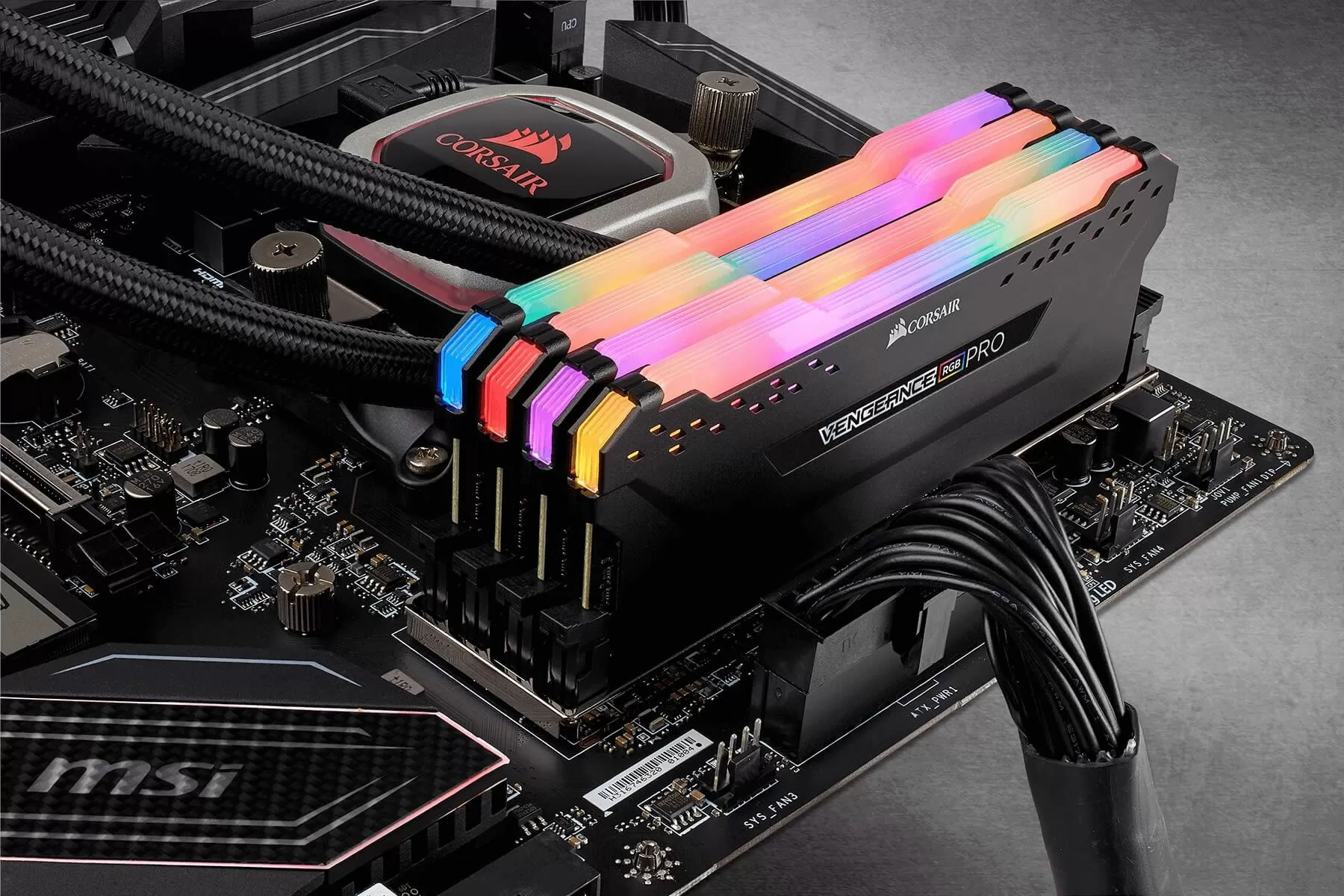Something to look forward to: Are you looking to upgrade your SSD and memory? We could soon see their prices drop to a record low, primarily due to an oversupply of NAND- and DRAM-based products. According to a new report, prices will fall by about 10 percent throughout 2020 and will continue to decline during Q1 2021.
“Despite the traditional peak season for electronics sales and the release of Apple’s new iPhones in 3Q20, the quarterly decline in NAND flash ASP [average selling price] will likely reach 10 percent, due to the client end’s excess inventory under the impact of the pandemic,” writes DRAMeXchange.
DigiTimes also reports that the prices of memory chips, including NAND and DRAM, are expected to fall 10 percent in the fourth quarter, with the downward trend continuing into the first half of 2021.
The reason for the price decline comes down to supply and demand. There’s too much memory around and manufacturers aren’t buying it—both Western Digital and Micron are just two firms that have slowed their purchasing.
Deutsche Bank analyst Sidney Ho writes (via Barron’s) that data centers and other enterprise customers stockpiled memory devices at the start of the pandemic over fears of a future shortage. That’s caused an oversupply, meaning less demand from customers in the coming quarters.
It’s not just the panic buying that’s resulted in the falling prices. “Furthermore, as suppliers continue making improvements in the yield rate of 128L NAND flash, the oversupply in the NAND flash market will intensify in 4Q20, further exacerbating the decline in NAND flash ASP,” DRAMeXchange adds.

The ASP could fall as much as 15 percent in the coming months, and with component prices dropping, the products they appear in usually become cheaper, too. That means we could see some great deals on solid-state storage and RAM during holiday events such as Black Friday and Cyber Monday.
Prices bottoming out might be welcomed by PC fans, but it could spell disaster for manufacturers. Some NAND producers have been reducing supply to try and stop the decline, but companies that use the flash memory in their products aren’t clearing stock fast enough due to the economic downturn.
“Since an excessive level of inventory has been carried over to this quarter, contract prices have inevitably turned downward,” DRAMeXchange says.
